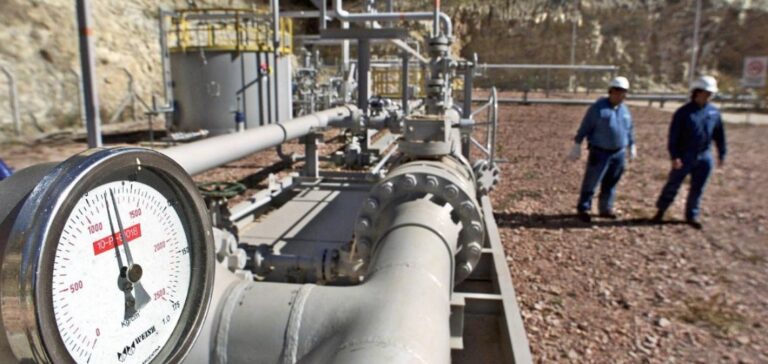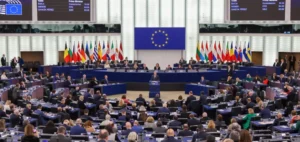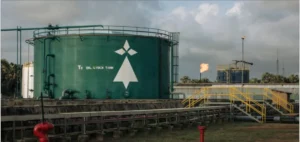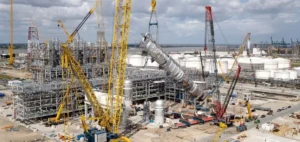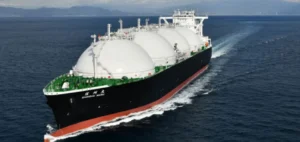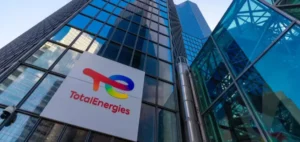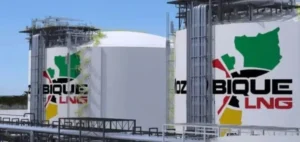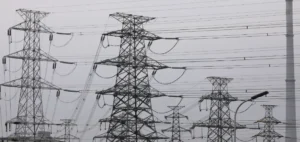Bolivia has run out of natural gas reserves, its main source of income, due to a lack of investment in exploring new reserves, the president of state oil company YPFB said on Wednesday.
Bolivia’s natural gas in decline: $669 million investment to boost production
Since 2014, the country has seen a drop in production, Armin Dorgathen told reporters in the eastern city of Santa Cruz.
“There haven’t been enough exploration projects,” he lamented, announcing that some $669 million would be invested in exploration this year.
According to Dorgathen, Bolivia’s natural gas reserves amount to 8.95 trillion cubic meters. Production has fallen from 59 million cubic meters per day in 2014 to 37 today. Natural gas is a fossil fuel that emits CO2 when burned, but less than oil and coal. On Tuesday, President Luis Arce also warned that production would decline until it “hit rock bottom”.
“Gas reserves have not been replenished, so the country does not have the capacity to produce more,” he lamented.
In addition to supplying the domestic market, Bolivia also sells gas to Argentina and Brazil. According to the Independent Bolivian Institute of Foreign Trade, natural gas sales brought in some $2.97 billion in 2022, more than the country’s mining and agricultural sectors.
Under the presidency of Evo Morales (2006-2019), Bolivia nationalized its natural gas reserves, which had previously been in the hands of Spanish, British, Brazilian and Argentine companies. At the time, he assured us that Bolivia was in a position to supply the entire region, as it was sitting on “a sea” of gas.


